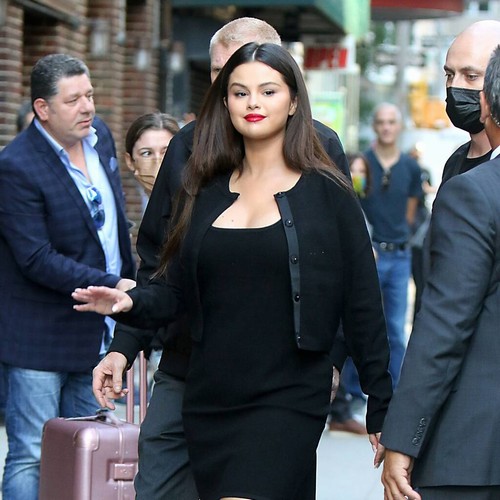The deal value of 2021’s second tertial (May-August) reached an estimated £3.9bn, marking the largest total recorded since 2010.
According to advisory group Oghma Partners, these numbers suggest somewhat of an ‘M&A recovery story’.
Deals of note within this period included Bain Capital’s acquisition of ambient food company Valeo Foods (£1.42bn), PE firm Exponent’s takeover of Gü Desserts (£150m), Ferrero’s buyout of Burton’s Biscuits (£300m), and Pilgrims Pride’s acquisition of Kerry Group’s Consumer Foods Meats and Meals business (£704m).
Other deals included S-Venture’s acquisition of plant-based maker Pulsin (£8.3m), and Newlat Foods’ takeover of ambient food manufacturer Symington’s (£53m).
The year-to-date total value of recorded deals are estimated at £5.8bn, exceeding 2015’s impressive £5.6bn.
Why the bounce back?
According to the advisory group, a number of factors have contributed to the bounce back.
Continued pressure from ‘pandemic fatigue’, for example, is persuading owner-operators to take steps to exit.
At the same time, owners remain concerned about potential increases in capital gains tax, Mark Lynch, Partner at Oghma, told FoodNavigator: “This is motivating selling.”
And of course, many foodservice operators are in a very different place to where they were this time last year. “Foodservice businesses are recovering sales rapidly after a period of no or little sales in lockdown, so they are now in a position to be sold if owners wish,” continued Lynch.
Low funding costs and the gains from consolidation are also factors promoting M&A action. “Capital is chasing returns, so this is leading to an inflow of cash into private equity funds increasing this buyer constituency fire power.”
As an increasing number of PE firms enter the F&B space, including Exponent and S-Venture, Oghma suggested drivers include the relative defensiveness of the sector’s cashflows and loose monetary policy.
“The food and beverage space have relatively defensive cashflows, i.e. they are relatively recession proof as consumption is less discretionary than, say, a car or a house or a furniture purchase,” Lynch explained.
“The greater predictability of cashflows has therefore led to the sector being attractive to PE.”
Challenges ahead?
At the current rate of activity, Oghma expects 2021 to see deal volume recover to pre-pandemic levels and in line with the long-term average.
“We expect a continuation of the trend of PE involvement – and the maintentance of the run rate of deal activity by volume,” Lynch told this publication.
At the same time, the advisory group expects the next 12 months to be a ‘further test of the business models’ of many companies.
“Like-for-like deal volume comparators start to get tougher, given the recovery seen in deal volume in the final period of last year,” Oghma explained. “In addition, the trading environment is challenging; cost pressures appear to be popping up in most directions whether that be labour, energy, raw material or distribution costs.”
Weaker businesses that struggle to get pricing through and/or reduce costs will find the prospect of a business exist ‘more testing’ under these conditions, noted the firm.
Note: This article have been indexed to our site. We do not claim legitimacy, ownership or copyright of any of the content above. To see the article at original source Click Here













